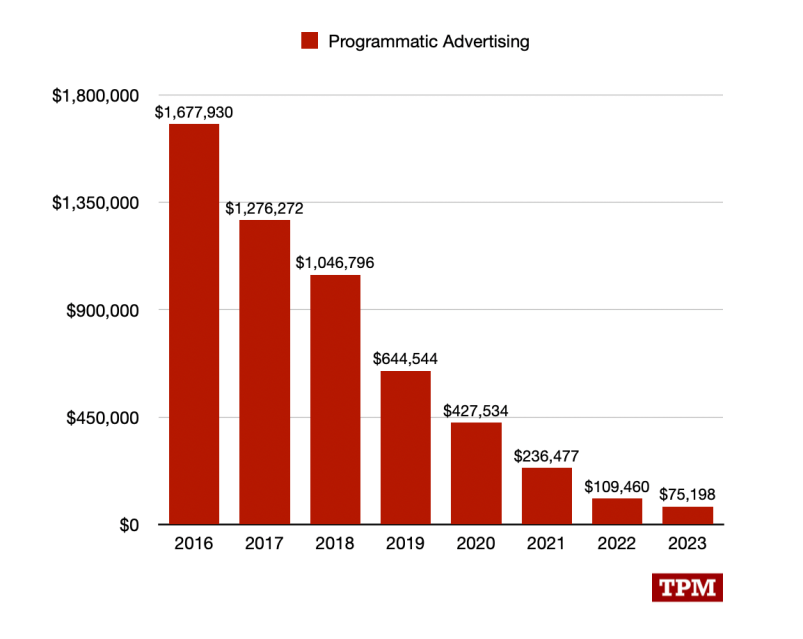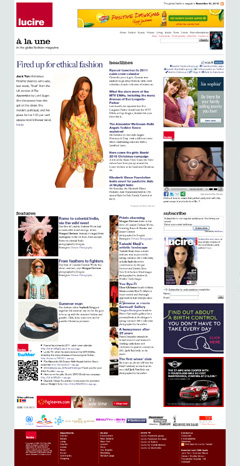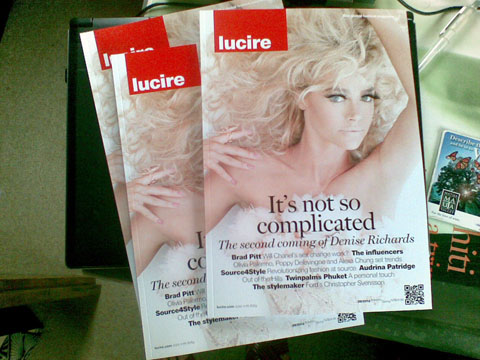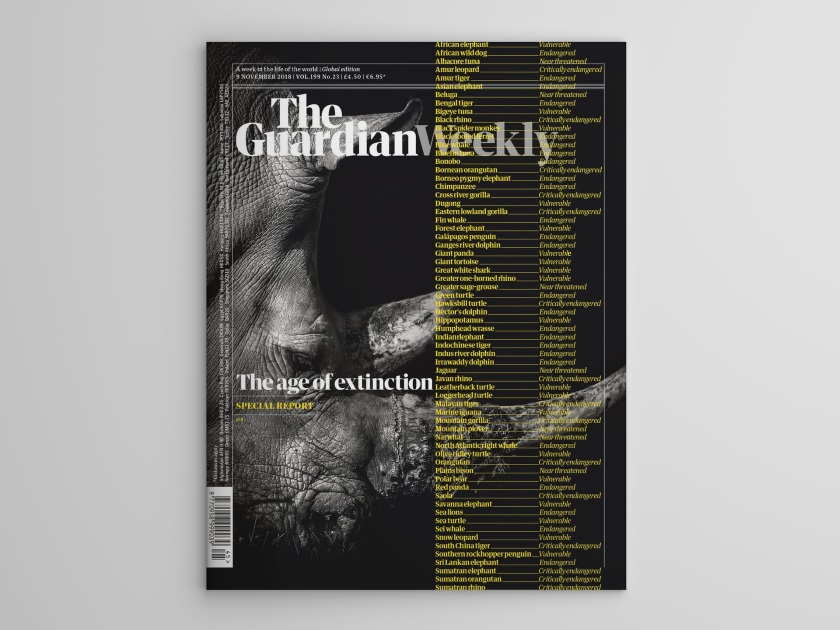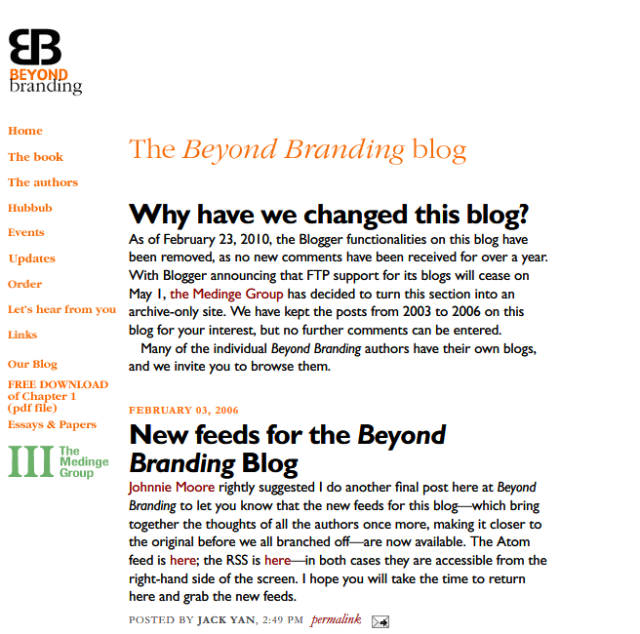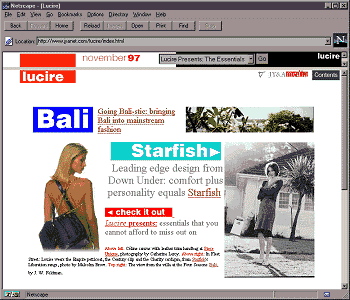Yesterday, I worked remotely, and I don’t know what possessed me, but as OneDrive was activated on my laptop, I decided to save a word processing file there, planning to grab it from my desktop machine later in the day.
Normally I would just leave the file where it was and transfer it across the network, which is what I should have stuck with.
Heck, even transferring a file using a USB stick would have been a better idea than OneDrive.
I hadn’t signed up to it on my desktop PC. I went through the motions, used the default settings where it said it would back up documents and pictures (while making it clear my files would remain exactly where they were). I grabbed the file I need—the entire 18 kilobytes of it—and thought nothing more. I deactivated OneDrive as I saw no real use for it any more.
Bad idea, because most of my desktop icons vanished, and my Windows default documents’ and pictures’ folders were emptied out.
After reactivating OneDrive, I found the lot in the OneDrive folder, and promptly moved them back to their original folders. The desktop files—the text files I had on there plus the icons—I duplicated elsewhere. Ultimately, I made new shortcuts for everything—thank goodness my laptop’s icon layout is identical to my desktop’s—and restored the three text files from their duplicate directory.
The above took me all of a few minutes to write but in reality I spent an hour fixing this—something that Windows said would not happen.
Chalk it up to experience—consider this fair warning to anyone who thinks of using “the cloud”.
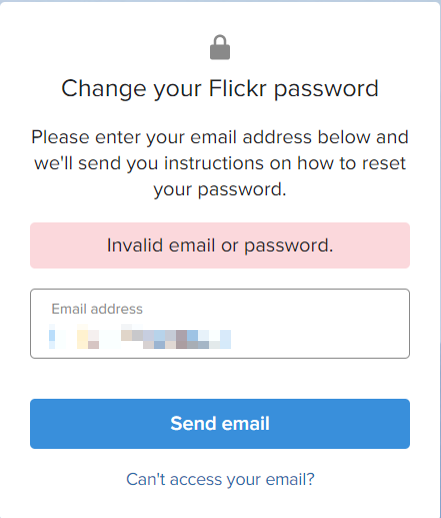
Also in the “say one thing, do another” file for yesterday: I attempted to sign in to my Flickr account, which has not been touched since around 2008. I tried a range of addresses I had in 2006, when I originally signed up, and attempted to do password resets. Flickr: ‘Invalid email or password.’ I even tried an address that Yahoo! emailed me at in 2018 concerning Flickr, and which Flickr itself said might be the correct email (use your Yahoo! username and add ‘@yahoo.com’ to the end of it).
I had no other option but to email their support, and mentioned that I was a paying Smugmug customer, given that the photo site now owns Flickr.
They have responded in a timely fashion, not telling me the email I had used, but said they had sent it a password reset in there.
Surprisingly (or maybe not, considering we are talking about another big US site again), the address was indeed one of the ones I had tried (I’m glad I kept a record). Except now it works—what’s the bet that post-enquiry, they fixed things up in order to send me that reset email?
I thanked the support person for the reset email, but suggested that they had some bugs, and fixing them would mean less for him to do.
Don Marti linked an interesting article in The Drum in which he was quoted. Duck Duck Go, Firefox and Github have all opposed Google’s new FLOC tracking method. Meanwhile, Bob Hoffman points out that only four per cent of Apple users have opted in to tracking after the Cupertino company’s new OS opted you out by default.
Most of the time, people tell me that they find targeted ads ‘creepy’ as they appear from site to site, so it’s no wonder that take-up has been so low with Apple users. So if not FLOC, then what?
Well, here’s a radical idea: show ads on sites that have subject-matter relevant to the advertiser. It’s what happened before Google’s monopoly, and there were plenty of smaller ad networks that did a great job of it. The prices were still reasonable, and Google wasn’t taking a big cut of the money earned. Of course Big Tech doesn’t like it, because they won’t earn as much, and the old system actually required people with brains to figure out how best to target, something creepy tracking has tried to replace.
The old methods, with their personal touch, resulted in some creative advertising work—I remember we had some page takeovers on Lucire’s website where the traditional header was redesigned to show off the R55 Mini, thanks to one of our earlier ad directors, Nikola McCarthy. No tracking involved, but a great brand-builder and a fantastic way for Mini to get a fashion connection. Ads with tracking are so transactional and impersonal: ‘Buy this,’ or, ‘You’ve searched for this. Buy this.’
I doubt it does the brands much good, and before you say that that doesn’t matter, let me also add that it can’t do the humans much good, either. The user’s purpose is reduced to clicking through and buying; so much for building a relationship with them and understanding their values. That isn’t marketing: it’s straight selling. Which means the marketing departments that put these deals together are doing themselves out of a job. They’re also spending money with a monopoly that, as far as I have read, doesn’t have independently certified metrics, which 20 years ago would have been a concern with some agencies.
I do like innovations, but every now and then, I feel the newer methods haven’t done us much good. Tracking is tracking, no matter what sort of jargon you use to disguise it.

